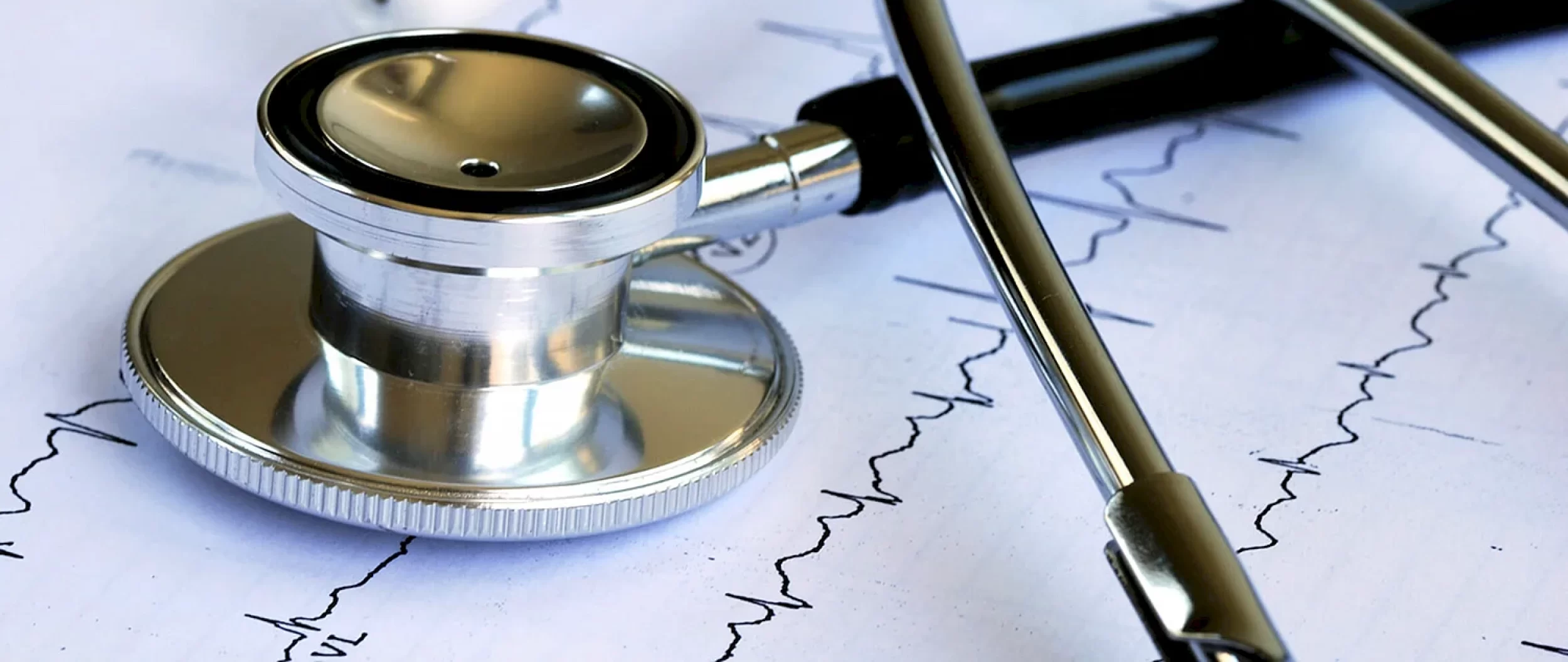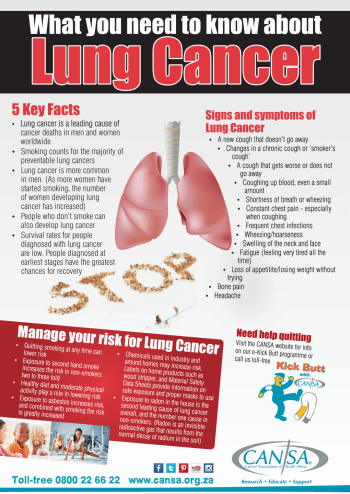Cancer is a devastating disease that affects millions of people globally. While certain risk factors such as genetics and age cannot be controlled, there are steps individuals can take to reduce their risk of developing cancer. In this article, we will explore the key strategies and lifestyle changes that can significantly lower your chances of getting cancer.
Diet and Nutrition
Eating a healthy, well-balanced diet is crucial for cancer risk reduction. Incorporate plenty of fresh fruits and vegetables into your meals, as they are rich in antioxidants and essential nutrients. Opt for whole grains instead of refined grains, and limit your intake of processed and red meats.
Furthermore, maintaining a healthy weight is important. Obesity is linked to a higher risk of several types of cancer, including breast, colorectal, and pancreatic cancer. Engage in regular physical activity and strive for at least 150 minutes of moderate exercise each week.
Tobacco and Alcohol
Using tobacco in any form increases your risk of developing cancer. Whether it is smoking cigarettes, cigars, or using smokeless tobacco products, it is vital to quit. Additionally, exposure to secondhand smoke can also be harmful.
Excessive alcohol consumption has been linked to various cancers, including liver, breast, and colorectal cancer. Limit your alcohol intake and aim to have no more than one drink per day for women and two drinks per day for men.
Sun Protection
Excessive exposure to ultraviolet (UV) radiation from the sun can lead to skin cancer. Protecting your skin from the sun’s harmful rays is essential. Apply a broad-spectrum sunscreen with at least SPF 30 before going outdoors, and reapply every two hours. Wear protective clothing, such as wide-brimmed hats and long-sleeved shirts, and seek shade during peak sun hours.
Screening and Vaccinations
Regular cancer screenings can detect tumors or abnormal cells at an early stage when treatment is most effective. Understand and follow the recommended screening guidelines for various types of cancer, including breast, cervical, and colorectal cancer.
Additionally, certain vaccinations can significantly reduce your risk of developing specific cancers. For example, the human papillomavirus (HPV) vaccine can protect against cervical, anal, and oropharyngeal cancers. Consult with your healthcare provider to ensure you are up to date on all recommended vaccinations.
Environmental Factors
Avoiding exposure to environmental factors that may increase the risk of cancer is crucial. Limit your exposure to harmful chemicals and toxins, such as asbestos, radon, and industrial pollutants. Additionally, follow safety precautions when using pesticides and other potentially hazardous substances.
Stress Management
Chronic stress can weaken the immune system and increase the risk of developing cancer. Incorporate stress-reducing techniques into your daily routine, such as exercise, mindfulness meditation, and engaging in hobbies or activities that bring you joy. Seek support from friends, family, or a professional therapist if you are struggling to manage stress.
Conclusion
Reducing your risk of cancer is a multifaceted approach that involves making healthy lifestyle choices and being mindful of potential hazards in our environment. By adopting a balanced diet, avoiding tobacco and excessive alcohol consumption, protecting your skin, maintaining regular screenings and vaccinations, minimizing exposure to harmful substances, and managing stress effectively, you can significantly decrease your chances of developing cancer. Remember, small changes in daily habits can have a profound impact on your long-term health and well-being.

